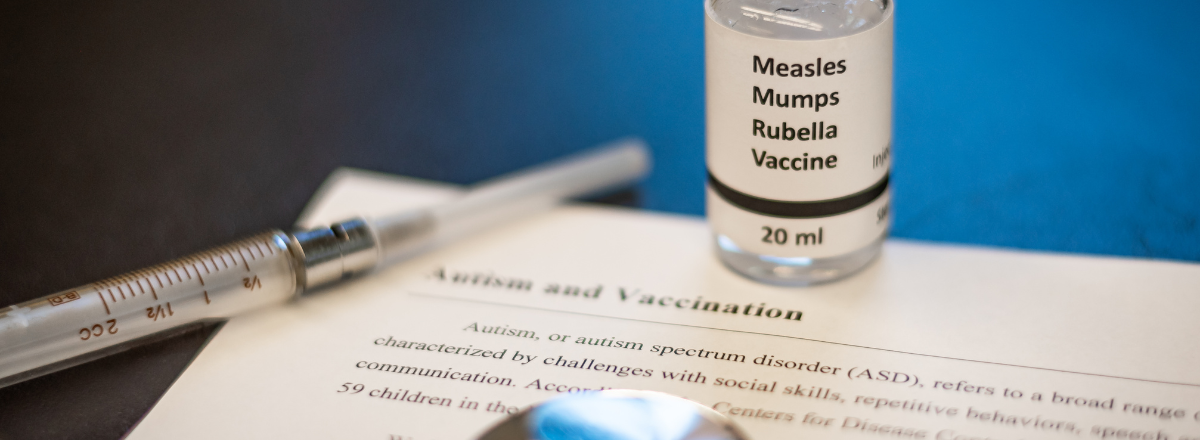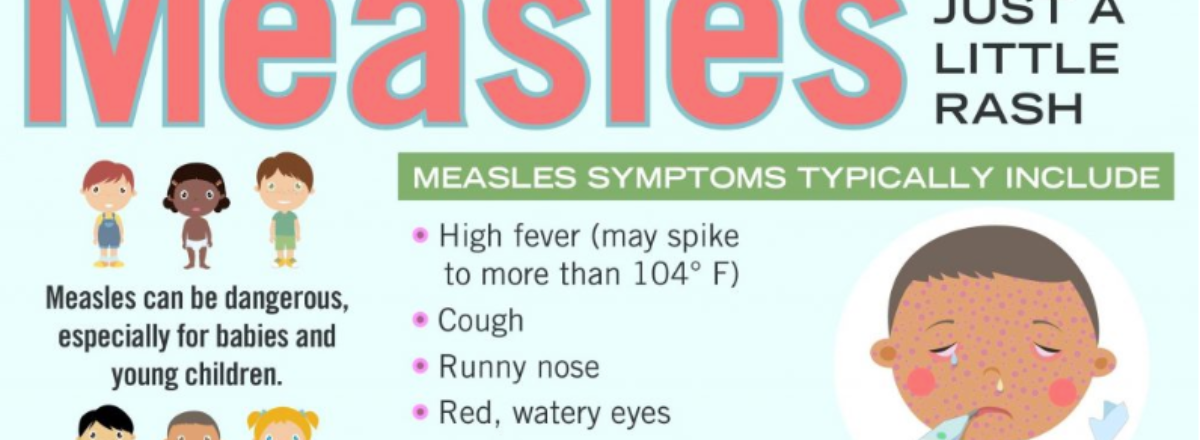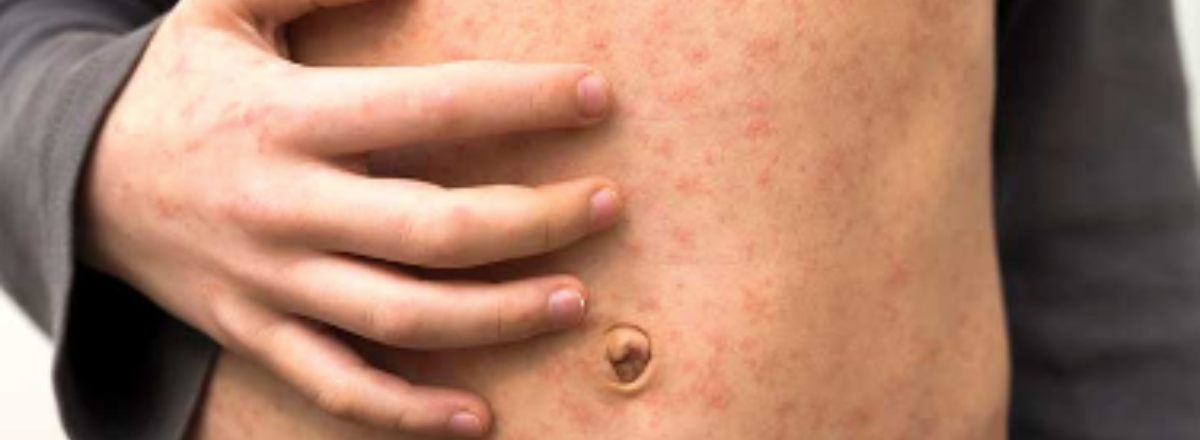Measles has made the headlines this week due to an increase in cases and an expected summer surge thanks to holidays, travelling and festivals just around the corner. But why are experts so concerned about this particular illness doing the rounds? ZoomDoc’s Chief Medical Officer and GP, Dr Kenny Livingstone explains.
‘This year there have already been 49 cases of measles reported between January and the end of April, compared to 54 cases for the whole of 2022 (source: UKHSA). It may not sound like a lot but when you consider the UK had eliminated this disease just a few years ago, thanks to safe and effective vaccinations, it’s worrying that it’s not only back, it’s also climbing year on year,’ he says.
So just how concerned should we be and what can we do to stop the spread of measles? Read on to find out.
How serious is measles?
The UK Health Security Agency (UKHSA) describes measles as ‘a highly infectious disease, which can only be controlled by vaccination.’ It often starts with cold-like symptoms but a few days later, a rash will appear.
‘A measles rash is a distinctive non-itchy red rash. It usually starts on the face and behind the ears before spreading to the rest of the body. The rash is sometimes raised and can join together to form blotchy patches,’ says Dr Kenny.
Although symptoms usually improve after about a week, it can cause complications if it spreads to other parts of the body. In some cases, measles can cause serious illnesses and health problems, such as:
- pneumonia
- meningitis
- blindness
- seizures (fits)
‘If you catch measles during pregnancy, it can cause miscarriage, stillbirth or premature birth,’ says Dr Kenny.
Is there a vaccine?

The measles, mumps and rubella (MMR) vaccine is a single, combined vaccine that protects against all three diseases.
Yes. The most effective way to stop yourself catching measles and also stop the spread of it, is to get vaccinated.
The measles vaccination forms part of the MMR vaccine, a routine 3-in-1 jab that protects against measles, mumps and rubella – hence the name MMR. It’s given to babies and young children as part of their immunisation schedule, usually at the age of 1 and then again at the age of 3 years and 4 months.
Read more about kids’ vaccines.
Once enough people have the vaccine, we can eliminate this disease completely, taking pressure off the NHS – and saving lives. However, in 2017, the UK lost what’s called its ‘measle-free status’. The only way to get that back is by everyone having both doses of the MMR and by catching up on them, if you missed them.
‘If you never had your MMR jab, you can still have it – just speak to your GP practice about getting it as soon as possible,’ says Dr Kenny.
‘It’s important to have 2 doses to be fully protected so if you’ve only had 1 so far, make sure you have the second dose,’ he says.
Is it safe?
Yes, not only is it safe, it’s also 99% effective against measles – protecting you against serious complications of the disease (as mentioned above).
Sadly, the MMR jab is still plagued with rumours that it causes autism in children, something that has been disproven. The supposed ‘link’ was ‘discovered’ by a doctor in 1997, who has since been struck off and his research discredited. Unfortunately, mud sticks and decades on, some parents are still choosing not to give their children the MMR jab, just in case.
‘Unfortunately, the knock-on effect of misinformation is a generation of children who aren’t protected against a serious disease – and a serious disease that could be wiped out, remaining,’ says Dr Kenny.
Just to be crystal clear, the NHS states:
‘There’s no evidence of any link between the MMR vaccine and autism. There are many studies that have investigated this.’ (Find these here).
On its website, the National Autistic Society says:
‘There is no link between autism and vaccines. Much research has been devoted to this issue over the years and the results have comprehensively shown there is no link.’
What should I do if I haven’t had the MMR vaccine?
Have it. Call your GP practice who will book you in.
If you’re a parent and aren’t sure if your child has had theirs yet, they should have a record, or it will be marked in their red book given to you when they were born.
What should I do if I have measles?
Most cases of measles will get better with bed rest, age-appropriate paracetamol and staying hydrated.
However, NHS guidance says to stay off work ‘for at least 4 days when the rash first appears.’ The same applies to children staying off nursery or school.
Try to avoid mixing with babies, who aren’t protected yet, pregnant women and anyone with a weakened immune system.
If symptoms worsen or you’re concerned, contact your GP.
‘If you suspect you or a family member has measles, call your GP before going into the practice – just because it’s very contagious. They will advise you what to do next,’ says Dr Kenny.
Alternatively, you can make an appointment with a ZoomDoc GP at a time that suits you. Simply download the ZoomDoc app to speak to a doctor for just £35.
If measles keeps you off work or university for a long time, you may need a sick note for your employer/education setting. ZoomDoc makes that easy, too – just select the medical letter you need and you’ll get it same-day, no need to make an appointment with your doctor.


